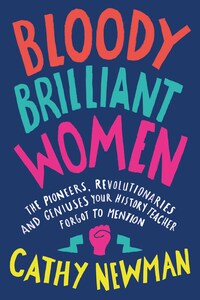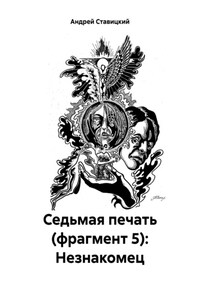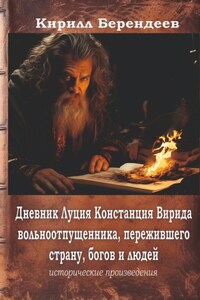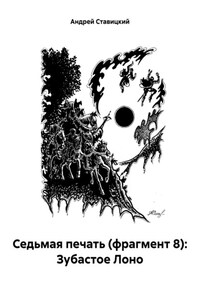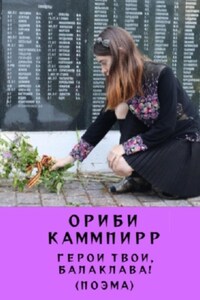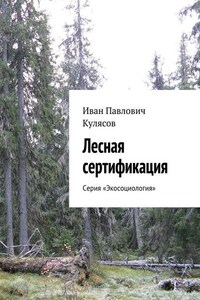Education, Education, Education
This is definitely one to file under You Wouldn’t Get Away with It Nowadays, but when I was at school studying for my History A Level, our teacher used to take select groups of pupils to visit the bomb shelter from the Second World War at the bottom of his garden. I think he’d just watched Dead Poets Society, which had recently come out, and decided to portray himself as an inspirational eccentric.
I was never invited; but I like to imagine the group sitting on the damp earth beneath the corrugated tin roof as Mr Dead Poet read to them in faltering torchlight, breaking off every so often to quote Churchill. Perhaps even my favourite Churchillism: ‘My education was interrupted only by my schooling.’
That’s how I feel about school too. The vagaries of the curriculum in the late 1980s meant I studied the Anglo-Saxons about three times. For years I knew all about the Venerable Bede but almost nothing about anything that happened after 1066.
To this day, I remain embarrassed by the holes in my knowledge. Throughout my adult life I’ve bought – though admittedly not read – every history book I can lay my hands on. ‘History of Britain’-type books promising a broad overview are my particular pleasure.
Recently, when I was fifty or so pages into one of these great tomes, I had a bit of a eureka moment. I noticed that, apart from Mrs Thatcher and Queen Elizabeth II, who are in a category of their own, not a single woman had so far been mentioned.* I read on, increasingly incredulous, until finally one appeared: Agatha Christie, in the context of something about her influence on the ‘national imagination’.
Perhaps I’m being unfair. A book like the one I was reading, whose opening chapters dealt with war and its management by male politicians, was always going to be light on women. Still, many accounts of modern British history are patchy when it comes to gender, celebrating the achievements of, say, the suffragettes in a burst of fluorescent righteousness, only to pack women away again in a cupboard marked ‘Lowly, Ancillary Roles; Housewives, etc.’ until the 1960s. At which point they are allowed out to be totems of the sexual revolution, burn their bras and go on strike at Dagenham’s Ford plant.
The truth had to be more nuanced. And the deeper I delved into the history of twentieth-century Britain, the more it appeared that the shape and extent of female influence was far greater than generally acknowledged. I’m not just talking about the arts or education, where talented women have long been celebrated, but in traditionally ‘male’ fields like medicine, politics, law, engineering and the military. Were it not for women, those significant features of modern Britain such as council housing, hospices and the humane laws relating to property ownership, child custody and divorce might not exist in the same form.
The more I read about these women pioneers, the more frustrated I became that so many are so little known outside academic literature. Not only did these women achieve remarkable things, but they usually had to battle hostility and discrimination as they did so. This book is my attempt to bring these women and their accomplishments to a wider audience; to tell their story – and ours.
One of its working titles was The Class of 1918, because that is how I thought of these women while I was writing: 1918 being, if not exactly a feminist Year Zero, then the year when the ball started rolling in the direction of equality. It was the year when the Representation of the People Act allowed women to vote if they were over the age of 30 and met a ‘property qualification’. At the same time, the Parliament (Qualification of Women) Act in 1918 gave women over twenty-one the right to stand for election as MPs. Which was momentous, although it did mean that between 1918 and 1928 some women were in the odd position of being able to stand for Parliament but unable to vote: Jennie Lee was twenty-three when she stood as the North Lanark Labour candidate in the 1929 by-election, just before the rules were changed.
